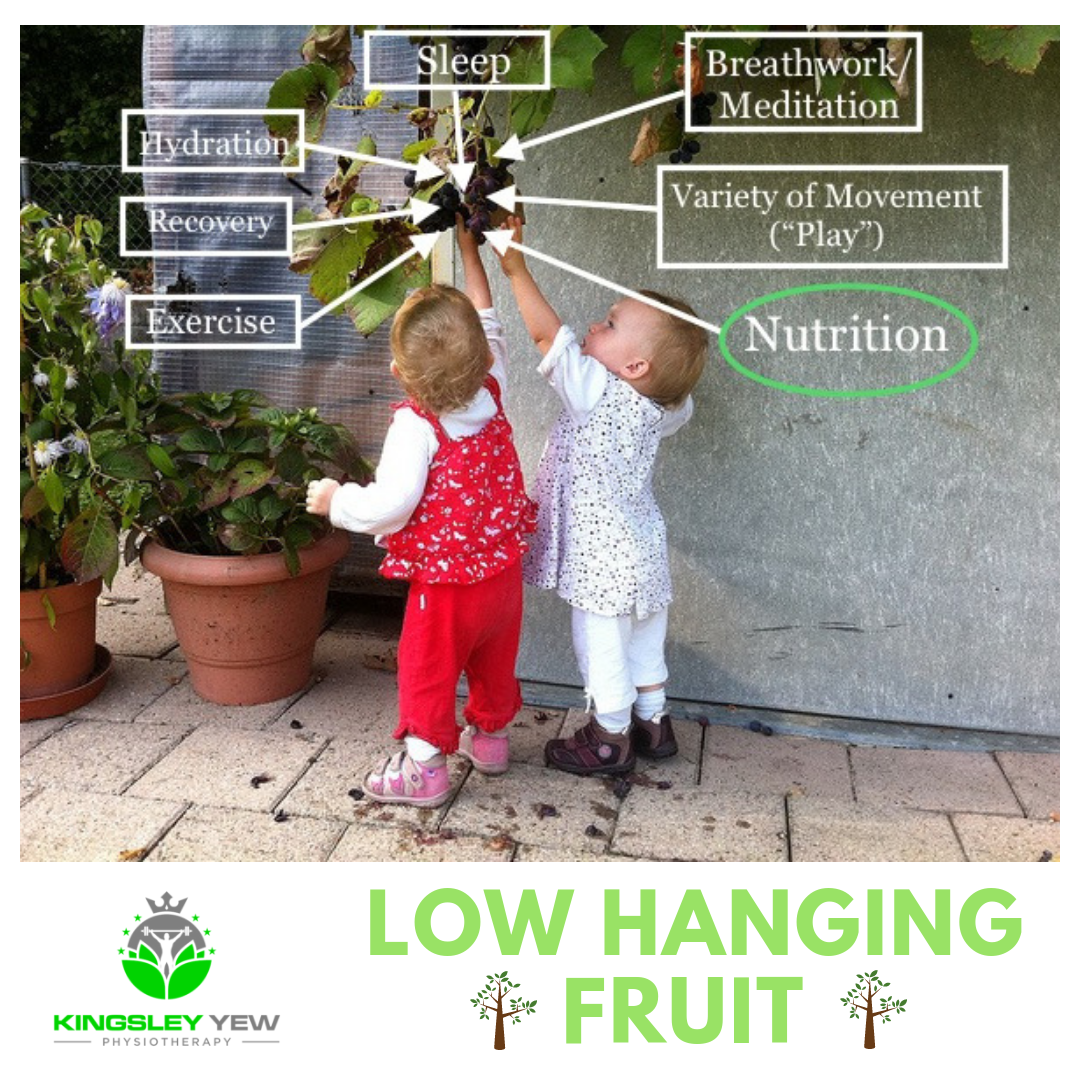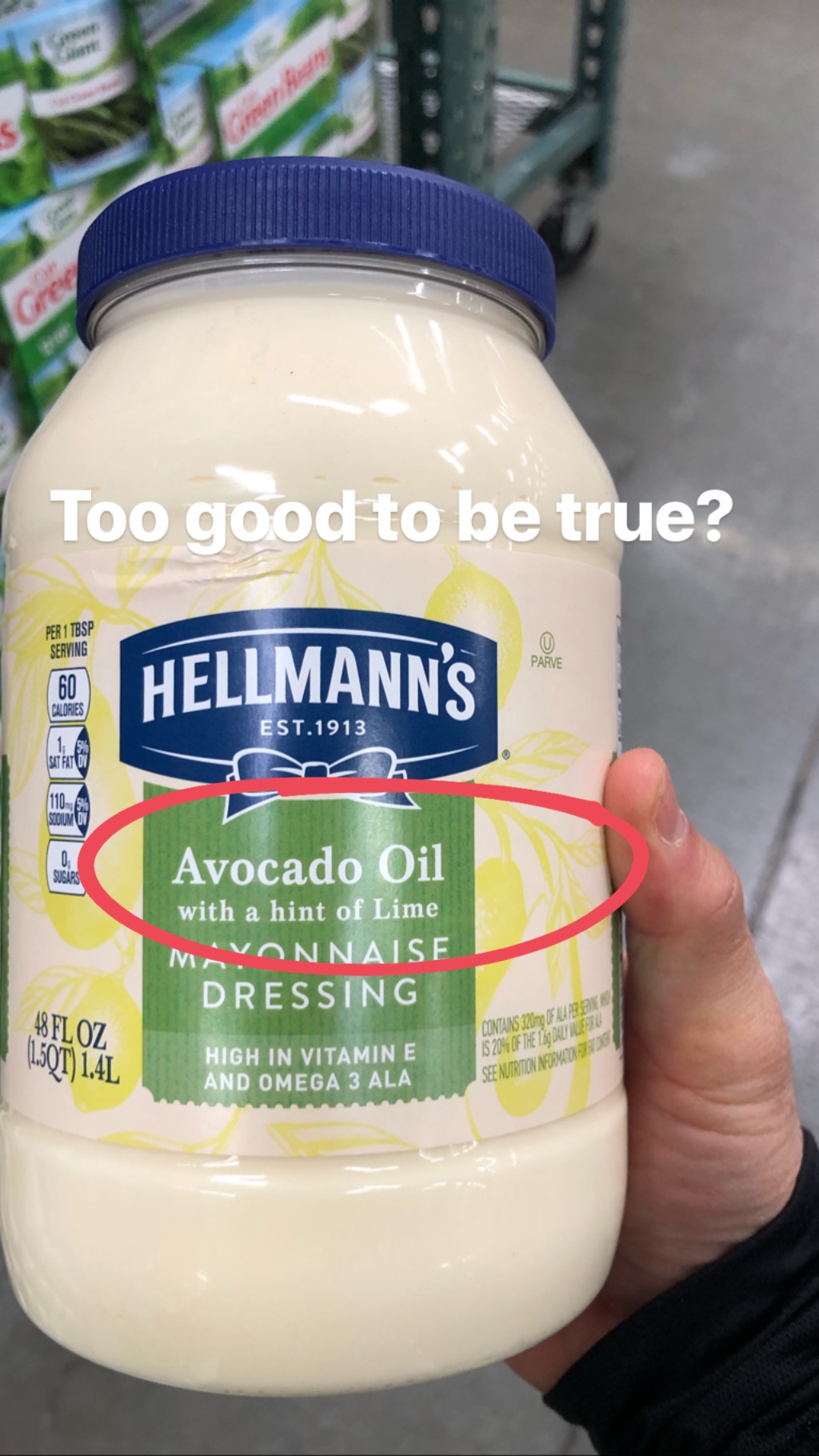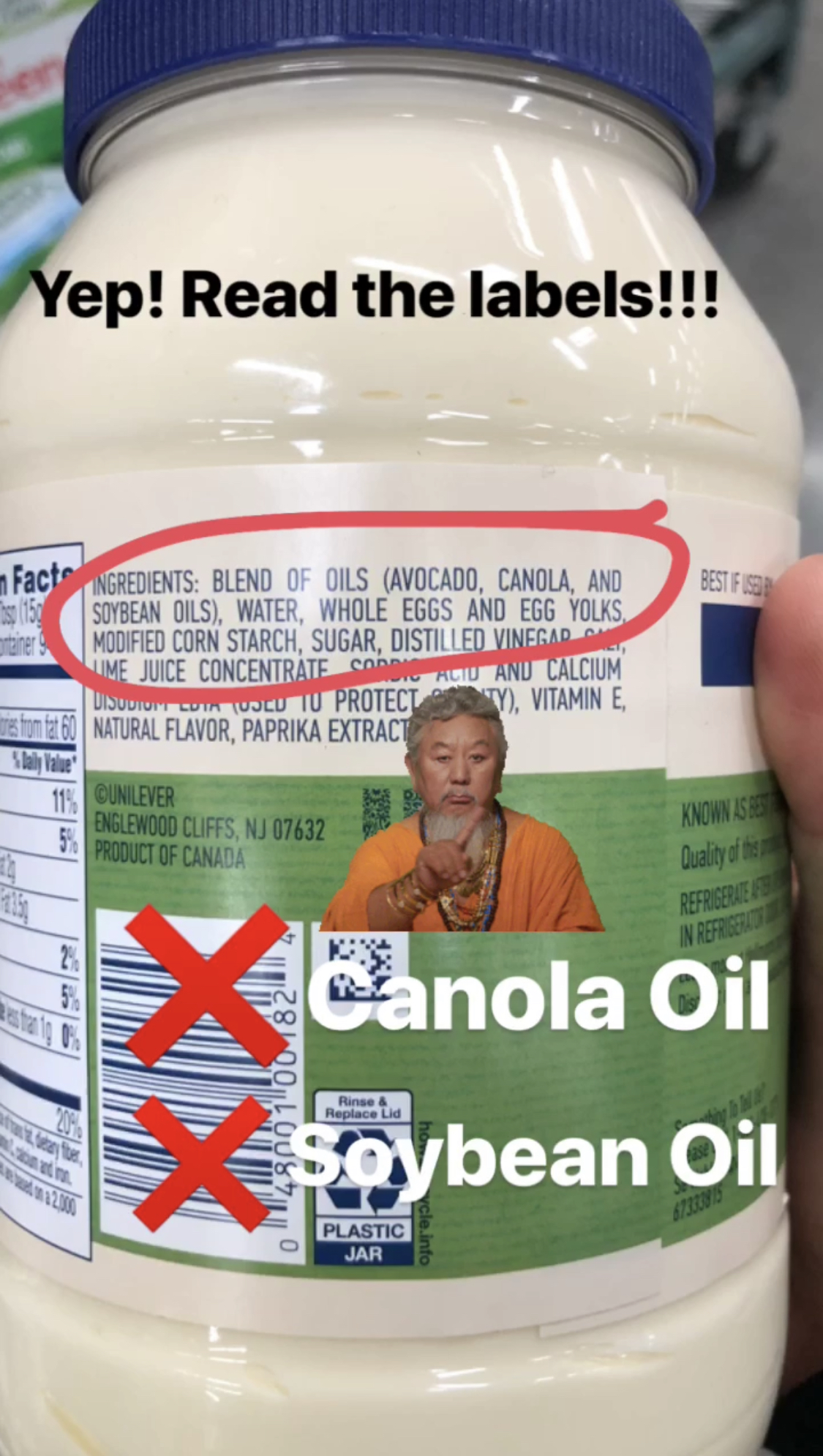
22 Jan Tackling the Low Hanging Fruit: Nutrition
When it boils down to overall wellness and health, one of the most discussed topics is nutrition. Especially when it pertains to shedding those extra unwanted pounds.
Early disclaimer: while I am not a nutritionist, nor am I an expert in the field of nutrition by any means, this article is not intended to get you to subscribe to a diet system, offer a claim that if you do ___ you will lose weight or to prescribe portions that you should be eating.
Rather, this article curates nutritional information that I have gathered to help you get the most out of your food, maximize nutritional density and use the food that you eat to create an ecosystem that promotes a robust healing environment in an easily digest-able way.
How You View Food

Your relationship with food is probably the first thing that you have to determine. Do you view food as something that is meant to satisfy your hunger? Do you view food as fuel? Or do you view food as a reward for a hard fought training session, game or run, to name a few.
While all of these may be some of the more common views of food, one perspective that can reframe your view about food and help you make better food choices is that food is medicine!!!
Food is Medicine
One resource that has been influential in shaping the idea that food is medicine is the book, Deep Nutrition. In this book, the author – Dr. Cate Shanahan, goes into great detail about what she calls the 4 Pillars of the Human Diet, from her research, studies and observations of the common dietary/cuisine tenets of traditional diets of the Native Americans, Okinawans, Mediterraneans and others. Those 4 pillars are:
- Meat on the bone
- Fermented and sprouted foods
- Organs and offal (the other “nasty bits”)
- Fresh, unadulterated plant and animal products
If you want to get more in depth into why these 4 pillars are the key then I recommend you give it a read. To be concise, the reason why these 4 pillars are crucial is because they maximize nutritional density and fill the nutritional gaps/deficiencies, to ensure that the mind (brain) and body are replenishing, repairing and regenerating.
Here’s an example. If you experience achy joints or have been told that you have arthritis, cooking meat on the bone (it could be in the form of a soup, stew or bone broth) yields a substance called – glycosaminoglycans (GAGs), which are found in common supplements touted as remedies for joint health such as glucosamine, chondroitin and hyaluronic acid and help re-lubricate and re-cushion those achy joints.

Although food is medicine, food could also be poison. Not poisonous in the sense of acute poisoning when you accidentally eat a poisonous fish or fruit and die. The poison I’m referring to is a progressive and chronic process of eating inflammatory foods. That process slowly breaks down healthy tissue, alters cell function and is the major cause of all chronic disease.
Foods to Avoid
The foods that are known to be the largest contributors of inflammation are vegetable oils and sugar. The reason why inflammation is bad is because it leads to chronic diseases such as heart disease and diabetes to name a few and because it negatively affects tissue and joint health.
Without getting too scientific, the common link why vegetable oils and sugars are inflammatory in nature is because they alter and disrupt normal cell function. Vegetable oils, which are polyunsaturated fats, are also artificial and are commonly found in processed foods. Chemically, vegetable oils are unstable and because they are unstable, can’t handle high heat for cooking. The result is a disruptive process called oxidation which alters the composition of food. Also, foods cooked in vegetable oils carry less vitamins and don’t curb appetite because it lacks saturated fats and cholesterol – the stuff you need to maintain normal cell and hormonal function.
But most importantly, vegetable oil affects endothelial cell function and restricts bloodflow, which is critical to creating a healing environment. Bloodflow is also critical in delivering oxygen rich blood to your muscles during exercise and other enjoyable physical activities with your partner. If you are skeptical of this, try exercising a day after eating food cooked in vegetable oil (fast food or processed food) and see if you feel more sluggish or energized. The reason why you feel more sluggish is because your body is literally limited in its ability to circulate oxygen rich red blood cells therefore affecting your performance.
Sugar, also disrupts basic cell function by essentially gumming up cell membranes. It alters how hormones work by binding and jamming hormone receptors. For example, increased blood sugar levels and decreased insulin sensitivity (insulin resistance) over time results in type II diabetes. Elevated blood sugar levels also result in weight gain, circulatory and sexual dysfunction, clogging of nutrient channels that weaken bones and muscle by destroying collagen.
Eliminate Vegetable Oils From Your Diet
| ? Vegetable Oils (Bad Fats) ❌ | ? Good Oils/Fats ✔ |
| Canola, Soy, Sunflower, Grape Seed, Cottonseed, Corn, Safflower, Margarine | Animal Fats (lard, tallow), Olive Oil, Peanut Oil, BUTTER, Macadamia Nut Oil, Coconut Oil, Palm Oil, Avocado Oil |
| Found in: salad dressing, rice milk, soy milk, soy based meat products, cereals, cooked nuts, french fries, chips, crackers, granola, soft bread, store bought muffins, dried fruit | Found in: whole milk and cream from grassfed cows, raw nuts |
So here’s the hard part, vegetable oil is in a lot of food (see table), so reading labels is super important. Here is an example of why you must read labels. This is a photo of a jar of mayonnaise that I spotted at a wholesale store.

While the big label in front indicates that this jar of mayonnaise is made with avocado oil, the label of ingredients on the back clearly indicates that it is made up of a blend of avocado, canola and soy bean oil. So please read labels!!!

Tend to eat out a lot? It is okay to ask the cook or chef at the restaurant that you’re dining in what kind of oil they use to cook with. It is common again to learn that restaurants also cook with blends that contain vegetable oils. Why? Because it’s cheap. If that’s the case, you can avoid vegetable oil by asking for your food to be grilled or baked.
Reduce Your Consumption of Sugar
I’ll reiterate again that I’m not a nutritionist so I will not be making recommendations on how much you should cut your sugar intake. But what I do know is that sugar is sugar – even if it is organic, all natural or manufactured high fructose corn syrup. They are all one in the same and need to be restricted. And yes, carbohydrates are sugar!!!
Not to mention, sugar is highly addictive. Sugar releases endogenous opiates, creating an addictive craving similar to cocaine and heroin (stimulating the same pleasure centers in the brain) so I can sympathize with you when you say that cutting down the amount of sugar you eat is going to be difficult to do. But I encourage you that if you exercise a little self-control for a short period of time, you can rid yourself of that addictive craving and allow your mind and body to heal and re-wire itself.
If you can implement these steps into how you approach food and eating, I strongly feel that you will be able to reap the benefits of what nature has intended for us – that the land and all of it’s creatures can not only sustain us but help us thrive.
Hopefully, you found this information helpful and more than enough to chew on … for now. I’d love to hear your comments or questions. Until next time!

